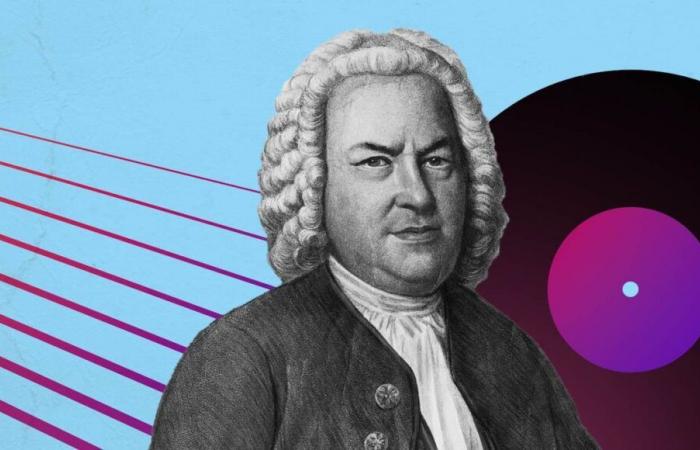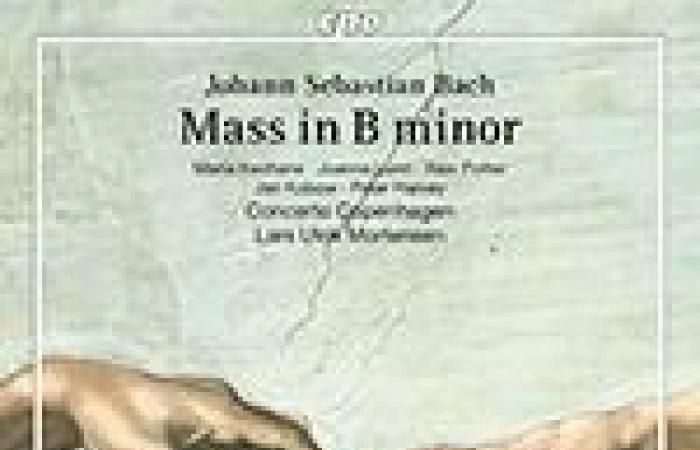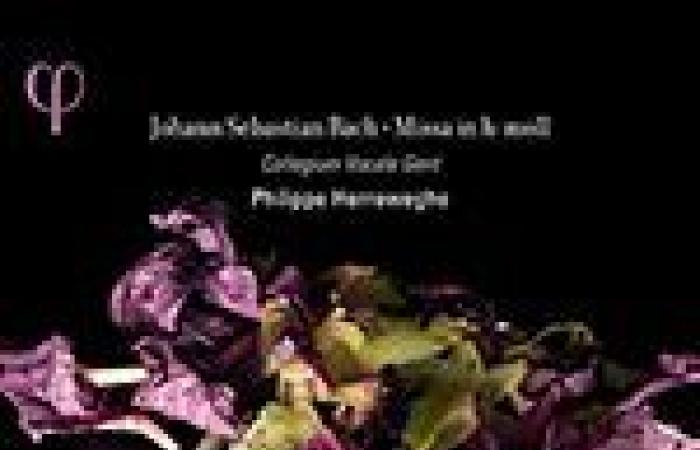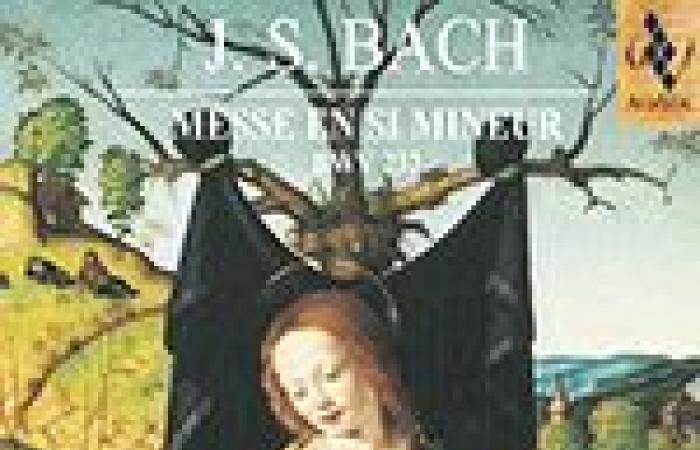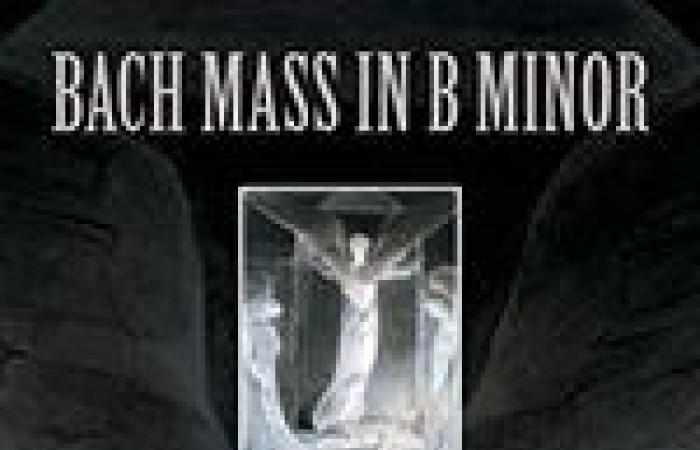Would you like to participate in the show?
Vote below for your favorite version of the Mass in B minor BWV 232 by Johann Sebastian Bach and try to win the France Musique disc of the week by justifying your choice. The winners' comments will be read on air by Jérémie Rousseau the following week.
To view this Qualifio content, you must accept cookies Audience measurement.
These cookies make it possible to obtain audience statistics on our offers in order to optimize its ergonomics, navigation and content.
Manage my choices I authorize
Jérémie Rousseau's report
Only versions from the last 15 years were taken into account.
Strong support, direction without a compass, a feeling of contrition veering towards lethargy: the care provided by Jonathan Cohen to the production does not remove any of the reservations from this reading deemed immodest. The only one of the six versions to immediately be unanimously against it.
Jordi Savall engages at the head of fervent troops, in a cathedral perspective: the initial chorus resonates with shimmering sounds, thanks to homogeneous music stands and a clarity that bodes well for the best. Alas, the We praise you is delivered by a voice without charm or smile and here we are deprived, via this essential tune, of a whole section of the Mass in B.
The fervor is above all of a musical nature in the Mass in B of Philippe Herreweghe. The purity of the choir gives the Kyrie a stained glass light, when the sound spectrum obeys the impulses of the text. THE We praise you is chiseled, but the meaning of the words is timid, and the insufficiencies of the bass in Since screaming. With the Holy Spiritbalanced but without surprises, then Crucifixion et And he rose again evolve in narrow dynamics, where the narrative breath is lacking.
We appreciate the initial power of a Kyrie remarkably articulate. The violin of We praise you has fun, when the soprano's playful tone slides towards some secular cantata. Always in marching order, the forces of John Eliot Gardiner disembodied Crucifixionso intended that it seems artificial – the transition with And he rose again falls flat. The angry bass of Sincethe roundness of a Agnus Dei without stakes end up falling into the decorative, like the amiable duo of the Lord God.
Here is the divisive version. Playing with numbers, going from “one per game” to a more robust whole, Andrea Marcon directs as a colorist, shaking up our habits but always at the service of the word. Theatrical, the Kyrie is admirably graduated, the violin dances with the adolescent voice of the We praise youand if the bass is struggling in Sincel’Agnus Dei overwhelms with his tenderness and modesty. We will also have heard a Crucifixion raw, embodied, daring with senseless chiaroscuro (“gore” says one critic, “kitsch” replies the other). An experience.
Lars Ulrik Mortensen and his Concerto Copenhagen opt for the radical effect of “one per part”. This stripping illuminates each word from the inside, with pure and transparent sounds always making the individual presence tangible. We praise youchiseled, is an ivory miniature, where a nightingale soprano radiates in symbiosis with the satiny softness of the violin. True march to torture, Crucifixion plays the card of doloristic expressionism, then two luminous voices soar in a Lord God immaterial. It's all there.
Palamarès
N°1 : Version C
Concerto Copenhagen, dir. Lars Ulrik Mortensen
CPO (2013)

N°2 : Version E
La Cetra Basel, dir. Andrea Marcon
Arcana (2023)

N°3 : Version F
Monteverdi Choir, English Baroque Soloists, dir. John Eliot Gardiner
SDG (2015)
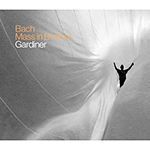
N°4 : Version B
Gent Vocal College, dir. Philippe Herreweghe
Phi (2011)

N°5 : Version A
The Royal Chapel of Catalonia, the Concert of Nations, dir. Jordi Savall
Another Voice (2011)

N°6 : Version D
Archangel, dir. Jonathan Cohen
Hyperion (2013)

The musical investigations of Claude Abromont Listen later
Lecture listen 7 min
Coming soon in the Record Review Tribune:
- November 24, 2024: Trio with piano nᵒ 7 (trio to the archduke) by Beethoven
- December 1, 2024: Wanderer fantasy the Schubert
- December 8, 2024: Eugene Onegin de Tchaïkovski

